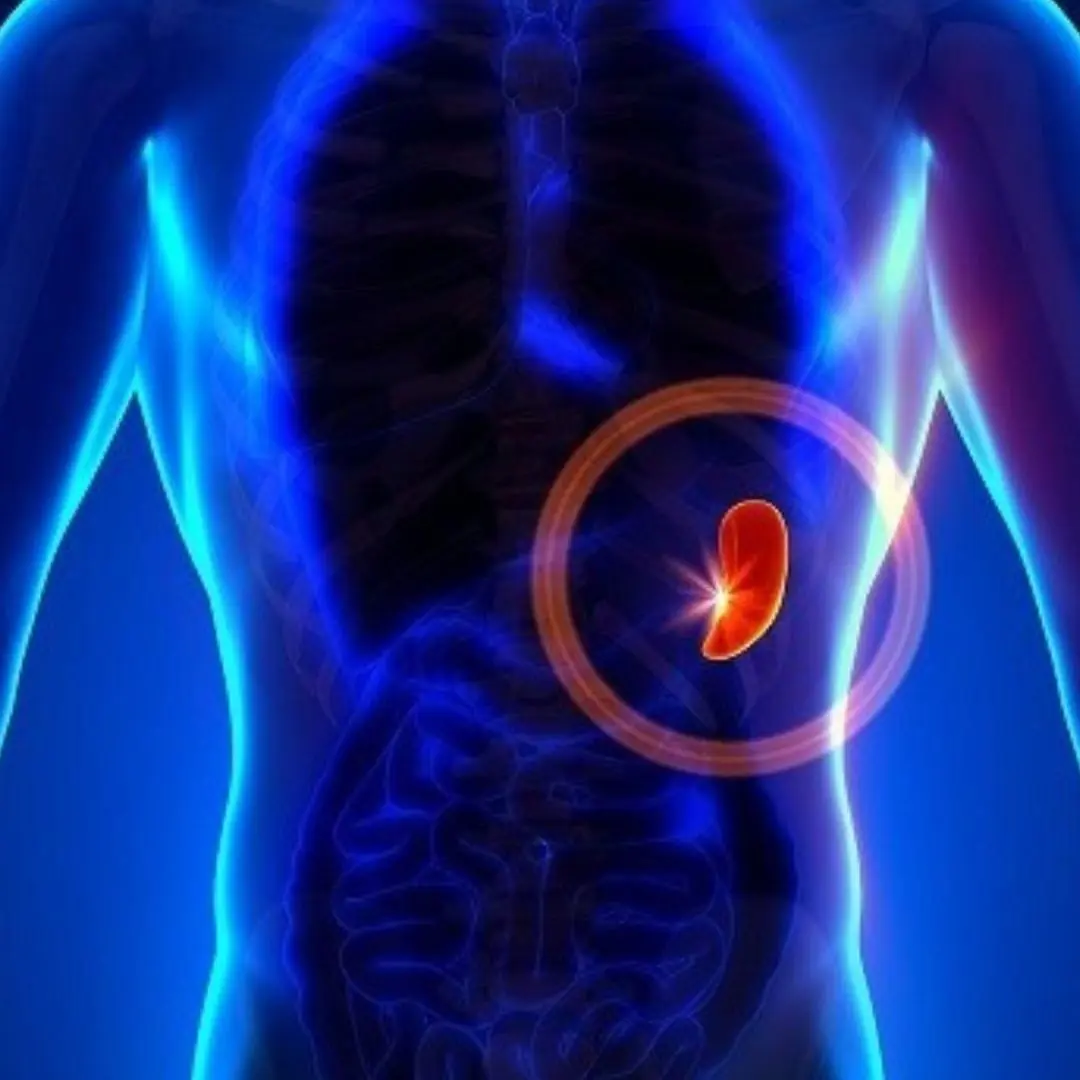
7 Early Warning Signs of Lu.ng Can.cer: Get Checked Before It Spreads
7 Early Warning Signs of Lu.ng Can.cer: Get Checked Before It Spreads
If you experience the following symptoms, you should be cautious—they could be signs of lu.ng can.cer.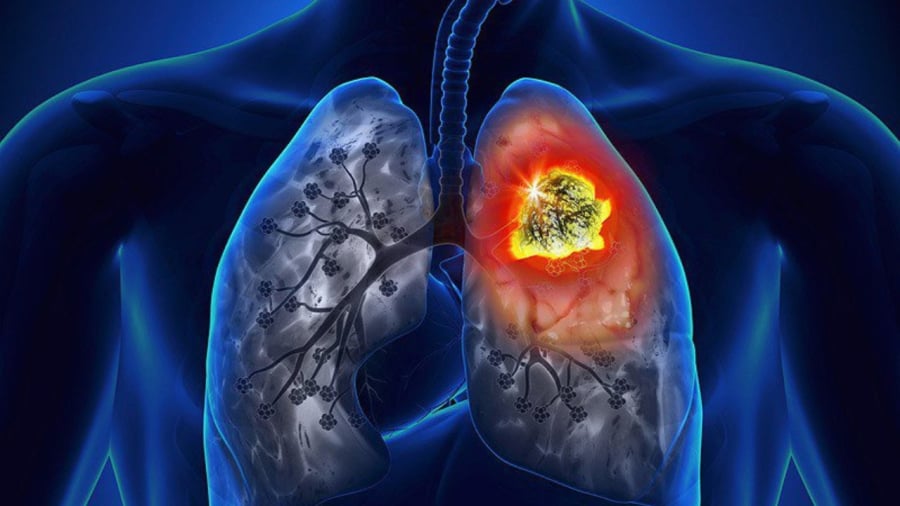
Persistent and Irritating Cough
One of the earliest signs of lung cancer is a prolonged, worsening cough that doesn't go away despite your efforts. If you’re frequently coughing or have had a lingering cough for weeks, especially with phlegm that is bloody or oddly colored (yellow, green, or brown), this could be an early red flag for lung cancer.
Lung tumors can irritate the airways, leading to chronic coughing. Initially, the cough may only appear in the morning or after laughing, but over time, it becomes more frequent and harder to control. If this sounds familiar, you should see a doctor promptly.
Chest Pain
Chest pain is a typical symptom when lung cancer is suspected. The pain usually appears when tumors grow large enough to affect surrounding areas such as the pleura (lung lining) or nerves. This pain tends to be dull and gets worse with deep breathing.
Chest pain may also come with tightness or shortness of breath. If you're experiencing chest pain unrelated to injury or other conditions, get a full medical check-up as soon as possible.
Shortness of Breath and Fatigue
Feeling short of breath or easily winded is another sign of lung cancer. As tumors grow, they can block airways, making it harder for air to flow in and out of the lungs, leading to breathlessness and fatigue.
You may also feel unusually tired and drained for no apparent reason. If you experience ongoing fatigue that isn't caused by other obvious factors, it's time to check your health.
Hoarseness or Voice Changes
Lung cancer may cause persistent hoarseness or sudden changes in your voice, especially if the tumor affects the nerves controlling the vocal cords. Your voice may become raspy, deeper, or hard to understand. If this change lasts and doesn't improve—especially if it occurs alongside other symptoms—don’t ignore it. Seek medical advice.
Unexplained Weight Loss
Unexplained weight loss is a common symptom of many cancers, including lung cancer. As tumors grow, the body uses more energy to fight the disease, resulting in rapid weight loss even if your diet and activity level haven’t changed.
So if you're losing weight without trying, it's a strong signal that something serious may be going on.
Blood in Phlegm
One of the more obvious signs of lung cancer is coughing up blood or bloody mucus. Tumors can damage small blood vessels in the lungs, causing bleeding. This is a serious warning sign that requires immediate medical attention, as it could indicate lung cancer or another critical respiratory issue.
Chronic Respiratory Infections
If you often suffer from persistent respiratory infections such as pneumonia or bronchitis that don’t fully resolve, and you also experience symptoms like coughing, mucus production, or difficulty breathing, lung cancer could be the cause. Tumors in the lungs can create areas where bacteria thrive, leading to repeated infections and respiratory illness.
News in the same category


Achy Mornings? Here’s What Your Body’s Trying to Tell You — And How to Fix It

5 Pancreatic Can.cer Symptoms Often Mistaken for Sto.mach Issues

5 Types of Drinks That Can Harm Your Liv.er and Kid.neys at Night

Suffering from Canker Sores? Here Are 3 Powerful Home Treatments You Should Try

When Fat Invades and Des.troys the Liv.er, the Body Swells in 5 Areas

3 “Golden” Foods That Help Women During Menopause

4 Clear Warning Signs of Stro.ke

6 Bodily Changes That Are “SOS Signals” From Your Kid.neys Before Can.cer

Your Body Might Be Low on Zinc — Here Are 6 Signs to Watch For

Woman gets brain infection after eating refrigerated watermelon

Bread May Be Delicious, But These 5 Groups Should Limit It

Identifying the “Switch” That Reduces Can.cer Cell Survival by 53%

Just 3 Minutes in the Morning: This Simple Test Can Reveal Hidden He.art Disease
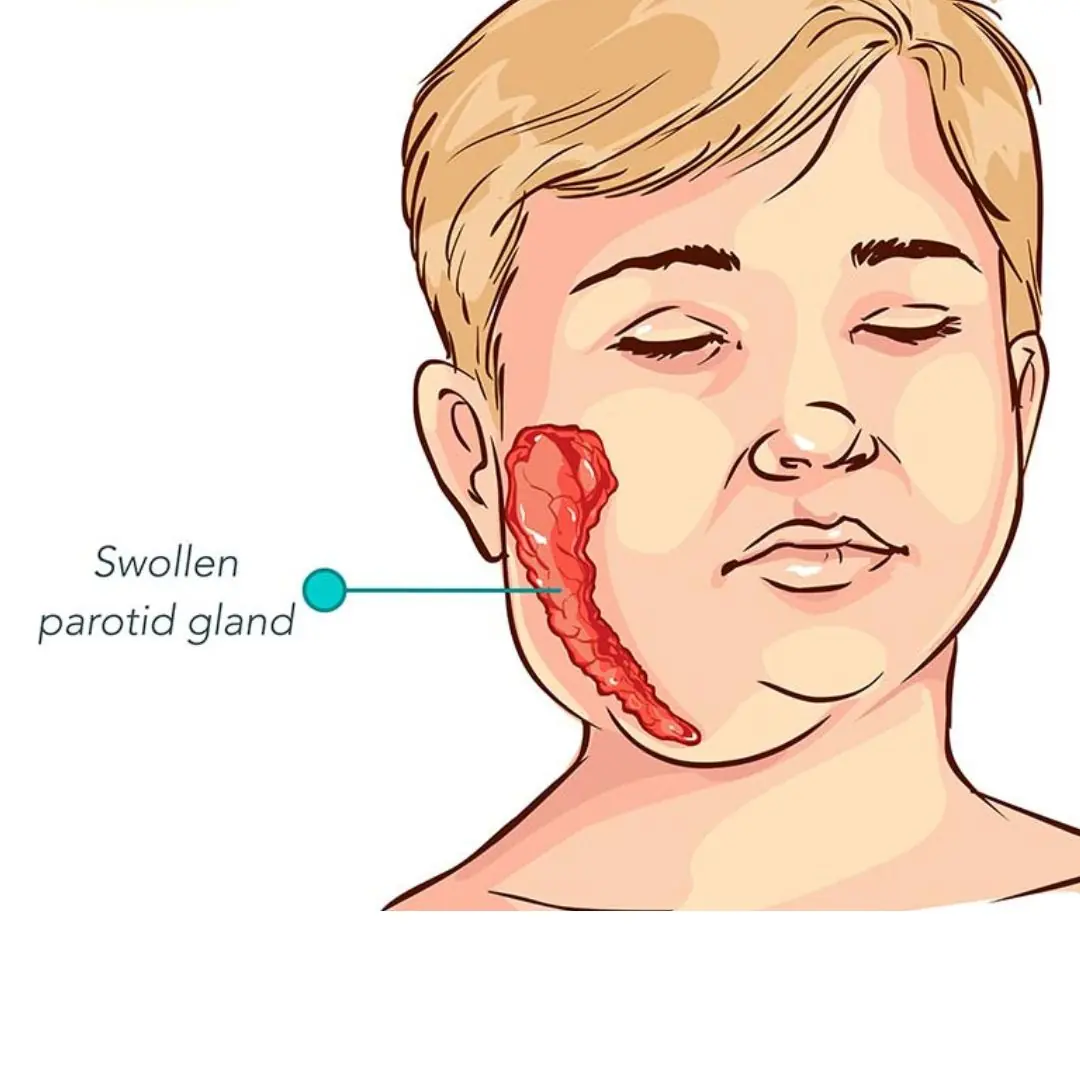
Does mumps in men affect reproductive health?

3 Types of Fruit Can.cer Cells “Love”
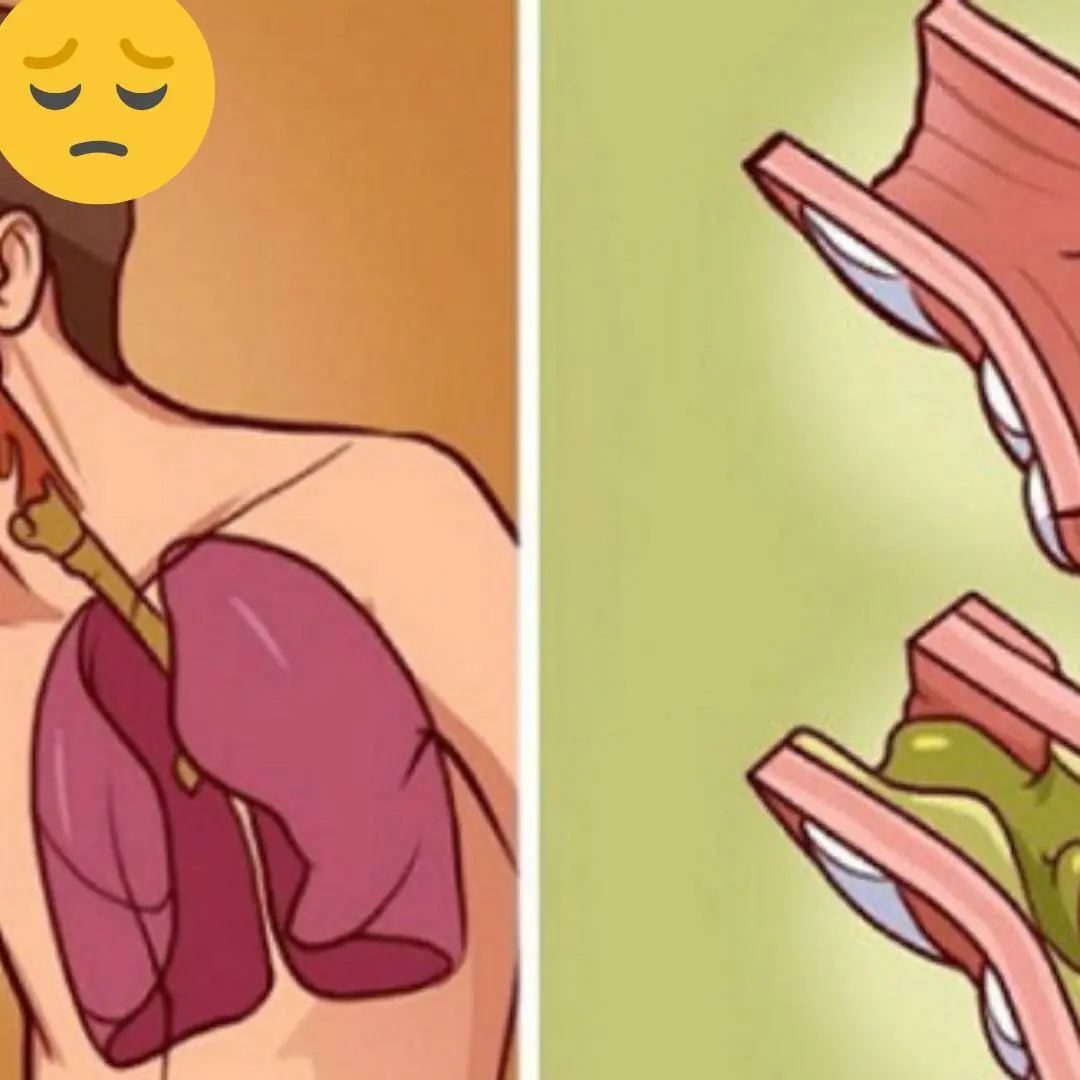
How to remove phlegm and mucus from chest and throat

Simple signs to immediately recognize leukemia that you may never notice
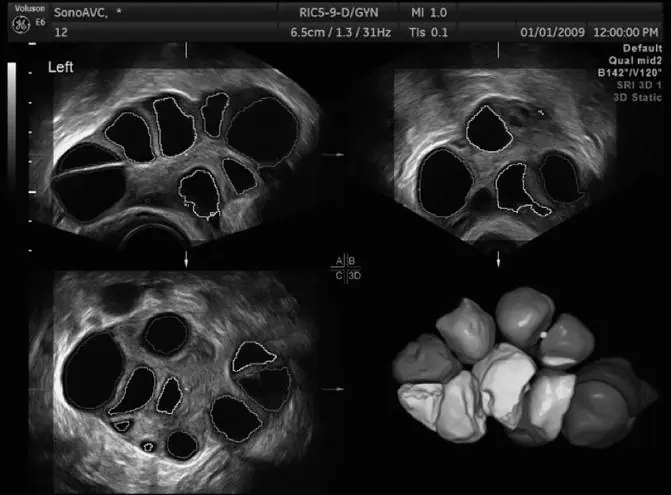
Two Kitchen Habits Behind Ova.rian Cysts — May Turn Can.cerous

3 Cooking Habits You Must Change Immediately
News Post

Is it healthier to use cooking oil or lard?

Can a plane in the sky be struck by lightning? Are the passengers inside safe?

Tsunami and its warning signs, essential for those who often go to sea

Ever seen red-tipped bananas in Europe? Here’s why they look that way

Spleen Cancer: A Rare But Dangerous Disease – You Need To Know!

When You Propose, Why Do You Get Down On One Knee? Exploring The Tradition Behind The Romantic Gesture

Drinking cold water at these 5 times can easily cause illness, no matter how much you like it, you should stay away from it

Achy Mornings? Here’s What Your Body’s Trying to Tell You — And How to Fix It

8 Early Signs of Mild Kid.ney Failure That Many People Ignore

Drinking Fresh Ginger Juice in the Morning Offers 5 Special Benefits

4 familiar traditional leaves that help de.t.o.x and cleanse the lu.ngs

Top 5 Everyday Foods That Help Women Reduce Excess Fat After 40

5 Pancreatic Can.cer Symptoms Often Mistaken for Sto.mach Issues

5 Types of Drinks That Can Harm Your Liv.er and Kid.neys at Night

Squint your eyes and guess what animals are hiding behind these illusions

Avoid These 3 Mistakes That Waste Electricity and Harm Your Health

The secret to removing stubborn stains on glass stovetops without scratching the surface

A Dirt-Cheap Kitchen Item Is the Ultimate Cockroach Kil.ler

Only 1% of people guess correctly this fruit associated with childhood – are you one of them?
